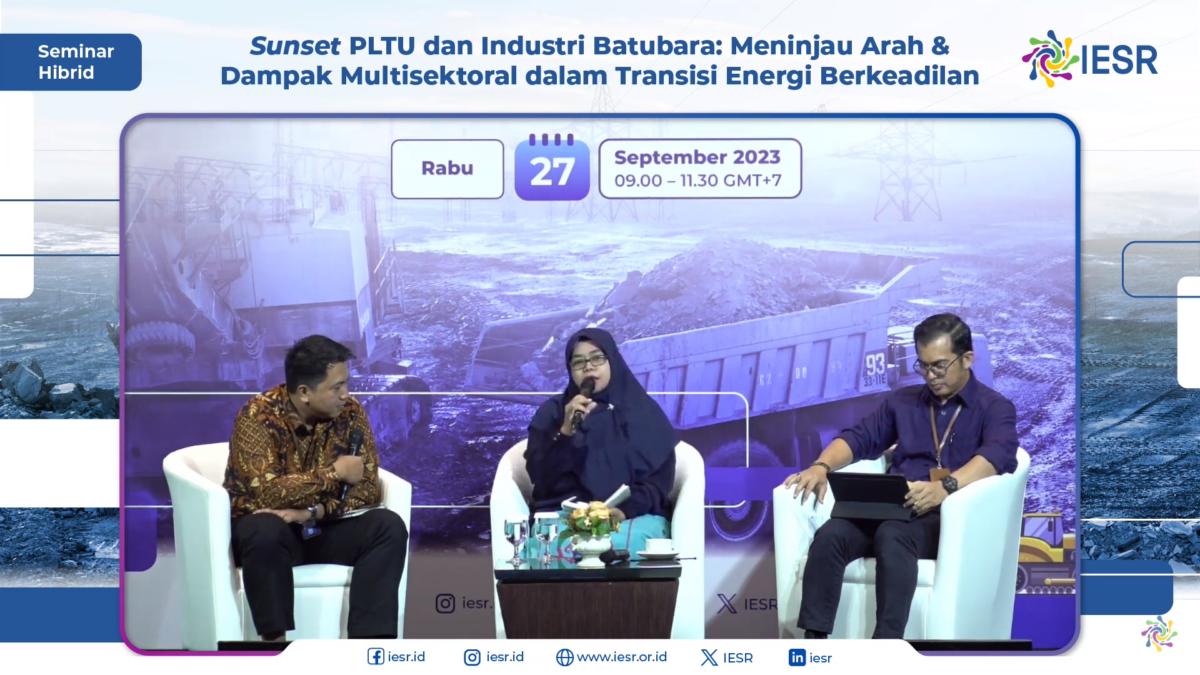Jakarta, 27 September 2023 - Indonesia's increase in climate commitments in the Enhanced Nationally Determined Contribution (E-NDC) brings a number of implications, including plans to stop coal-fired power plant operations early to reduce emissions. This plan has several impacts, including a decrease in the income of coal-producing regions as well as national income, the potential…


